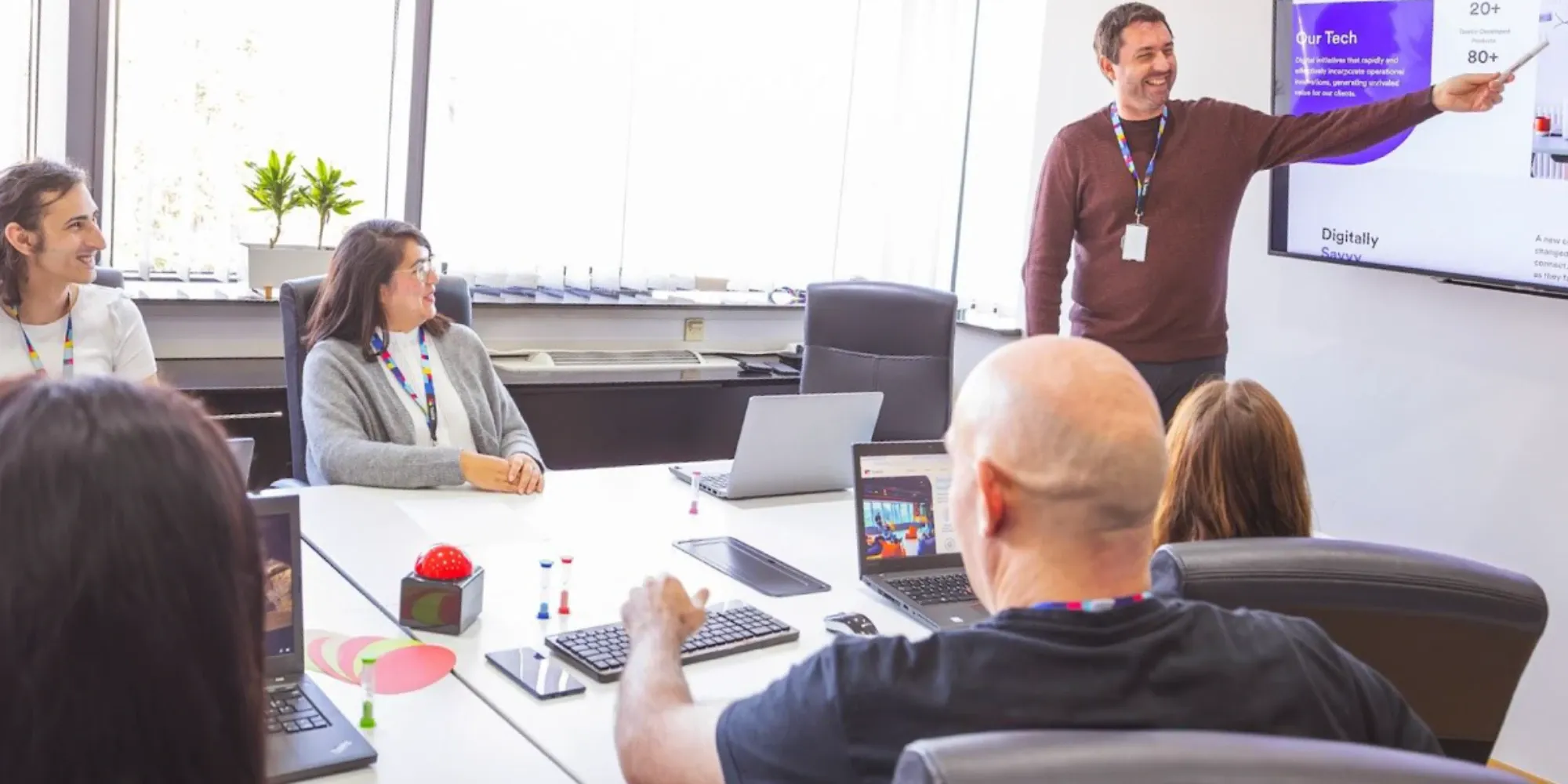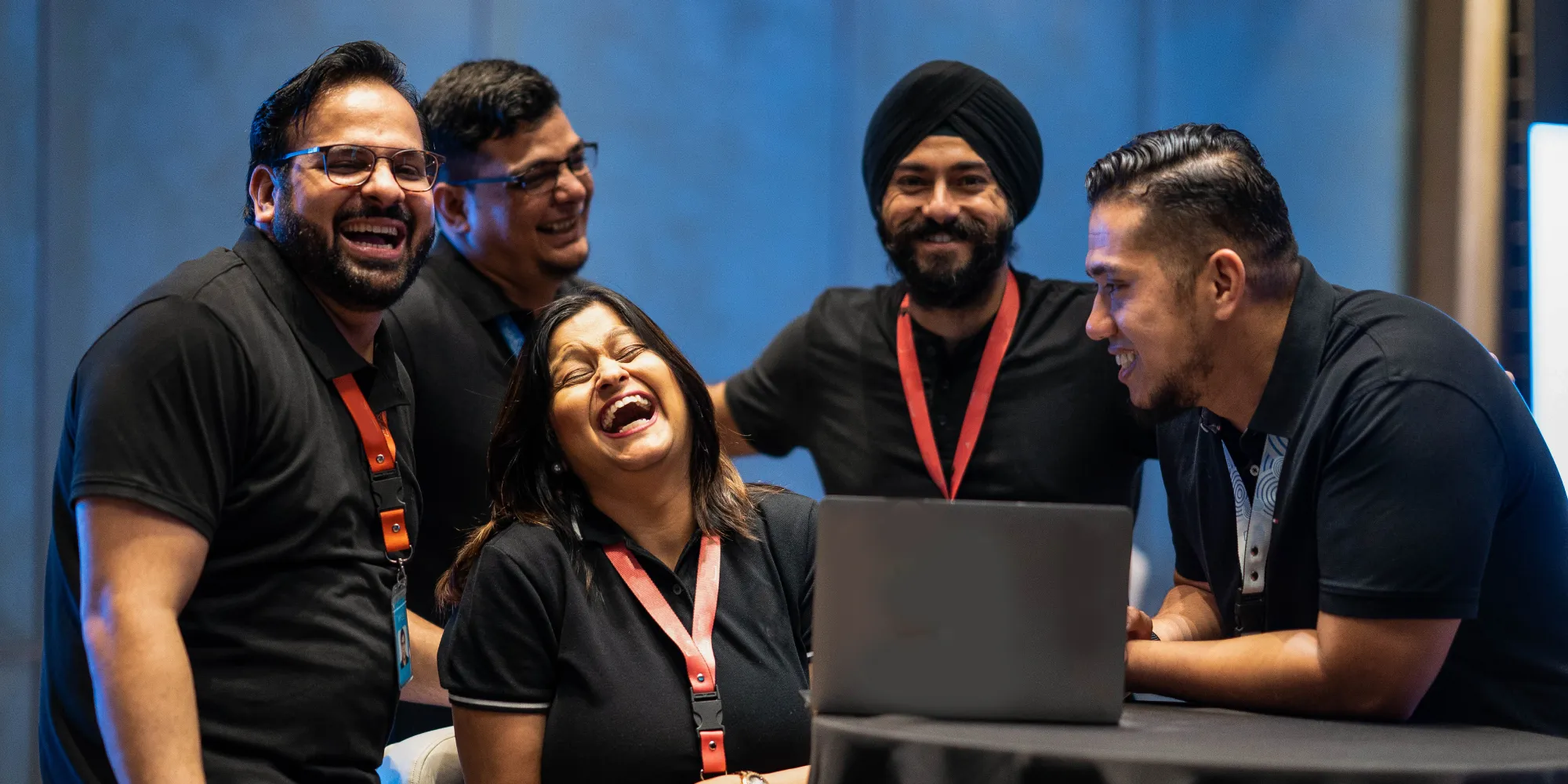A report made by American tech company Intel and games analytics provider Newzoo showed that nearly half of gamers in the U.S. snub games that they feel do not represent their diverse identities.
This is definitely a large segment of the market that game developers are missing out on. And more importantly, it is a significant population of consumers that can dictate the future of the gaming industry based primarily on their sense of belonging. After all, games as a form of entertainment are supposed to unify people—but this is not always the case.
The gaming industry is often a witness to reports of harassment and sexism. A survey revealed that of the 41% of gamers in the U.S. who identified as women, 77% have experienced discrimination due to their gender. Because of this, more than half of them mask their true selves by either using a non-gendered identity or pretending to be male. Racism is also prevalent as exchanges of racial slurs and negative comments are unfortunately not new to the community.
While discriminatory behavior among players needs to be called out, the responsibility of maintaining healthy gaming communities falls squarely on developers—those who set the rules of the game.
A constant battle
Despite noticeable strides to address diversity and inclusion concerns in the gaming industry today, gamers continue to struggle in one way or another. A survey done by Nielsen last year showed that only 10% of gamers identify as members of the LGBTQIA+ community. And interestingly, they spend more money on games than others—hinting at the need for developers to create a good gaming experience for them.
TaskUs Wellness and Resiliency Coach from the Philippines Red Fernandez, who identifies as a cisgender gay man, is part of the thriving market demographic.
Fernandez, who has been a gamer since his elementary days, started with a PlayStation 1 back in the 2000s and then transitioned into mobile gaming.
Together with fellow TaskUs teammates, he played Mobile Legends against former beauty queen and gamer Megan Young in TaskUs VersUs, the first Philippine esports battle, and fundraiser for the benefit of the LGBTQIA+ community.

What fascinates him most about gaming is how it can be an outlet for players. “People can really use video games as a means of expression,” he said, adding that people can socialize and interact with literally anyone around the world.
But Fernandez also knows firsthand the struggles of being part of this competitive space.
“In the Philippines, for instance, people use the word ‘gay’ to attack another player and connote weakness and cowardice,” Fernandez shared. He is no stranger to being subjected to rude and offensive comments while playing in-game. Oftentimes, he would just shrug them off and proceed with playing.
It’s a similar story for Justin Hernandez, a TaskUs Team Leader in the U.S., who started playing when he was just two years old. The aspiring professional gamer is often singled out by other gamers for being Hispanic.
“The community has developed a pretty bad reputation of toxicity towards women and gamers of color,” Hernandez shared.
He also has friends who would mute their comms for the same reason. “They never unmute because they feel like when they say something the room changes. They are treated differently because of who they are, not what they are and can do in-game,” he explained.
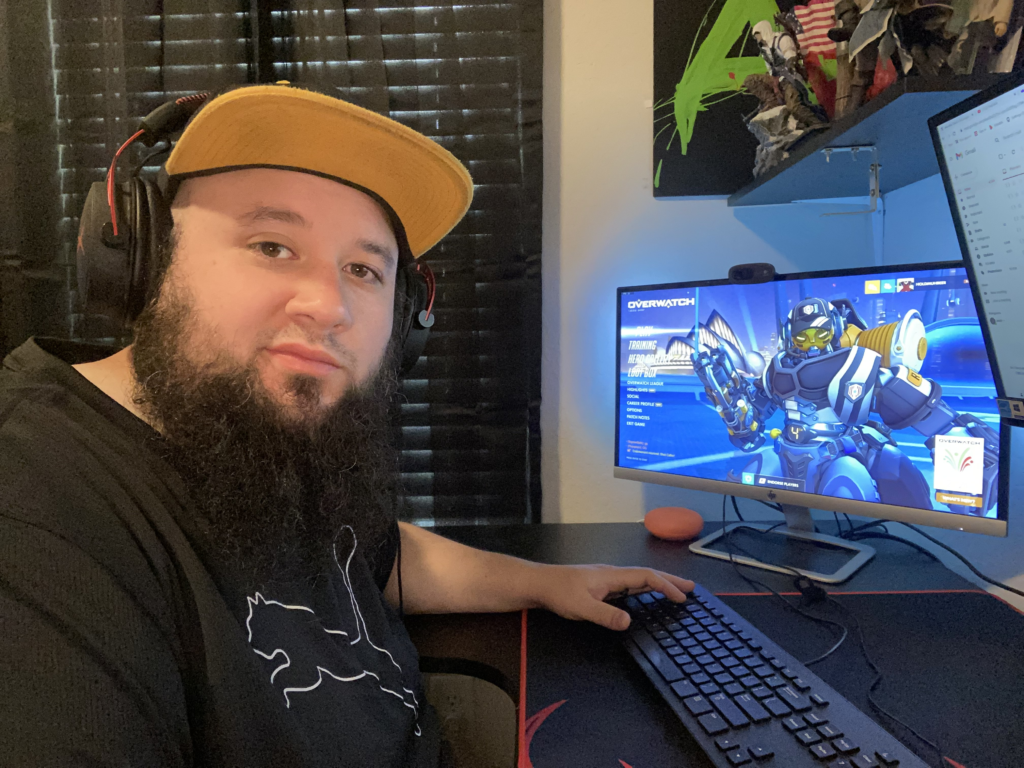
The next chapter
While Fernandez thinks that white, heterosexual men get more exposure in the gaming space compared to people of color and of different sexualities, he is optimistic about the future of gaming given the progress he has seen recently.
Character representation is one. By producing a much more colorful array of characters in games, video game companies acknowledge the importance of diversity among their gamers.
A great example is the video game The Last of Us, which features characters of Asian, Black, and Hispanic descent. The game takes on a refreshing take on its characters, the roles of whom are not centered on ethnicity but rather their own unique storylines. The likes of Ellie in the second installment of the game show that developers can and must also feature capable female characters.
TaskUs Taiwan teammate Julia Hsu is a representation of a strong woman herself and is part of the growing number of female gamers in Asia alone. She has been playing games such as League of Legends and CS:GO for about five years now.
According to Hsu, there is also a need for the gaming community to take part in driving the change. “We need to dig deeper into what can be done to teach gamers the value of respect. It is important for everyone in the community to understand the fact that we were all born and raised in different environments and cultures.”
“Making progress in how games are being developed is a good start. And based on my observation, I would say that games are starting to become more inclusive,” she added.
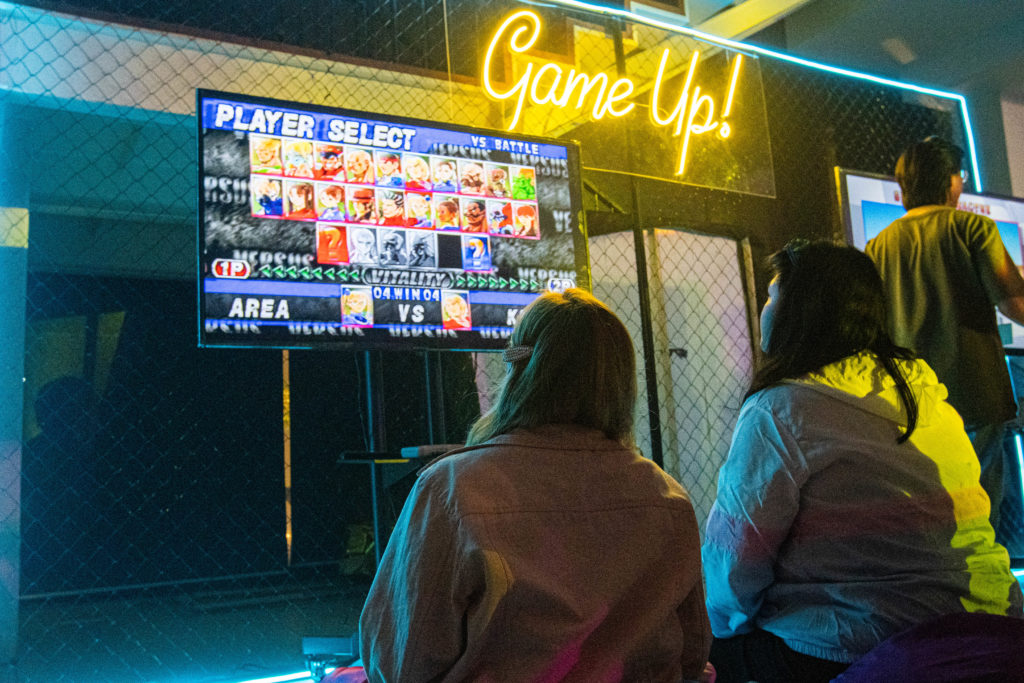
The ultimate experience
Another significant progress is people’s wider array of options when it comes to creating their own lead character.
Developers today already make games that include elements from a variety of genders, races, and cultures to have better representation. For instance, players are allowed to create female characters with male genital parts in Cyberpunk 2077.
“It's important for people to have the ability to create their own champion whom they can relate to and be empowered with,” Fernandez said. “Everyone deserves to be represented in a way that's accurate and not dehumanizing.”
The ability to create one’s lead character entails game developers taking extra precautions to ensure players feel safe to freely showcase their characters.
Hernandez said that companies could roll out various measures on their own such as putting in place a system for reporting abusive behavior in-game. “I know we can continue to push for a safer place for everyone in the gaming community.”
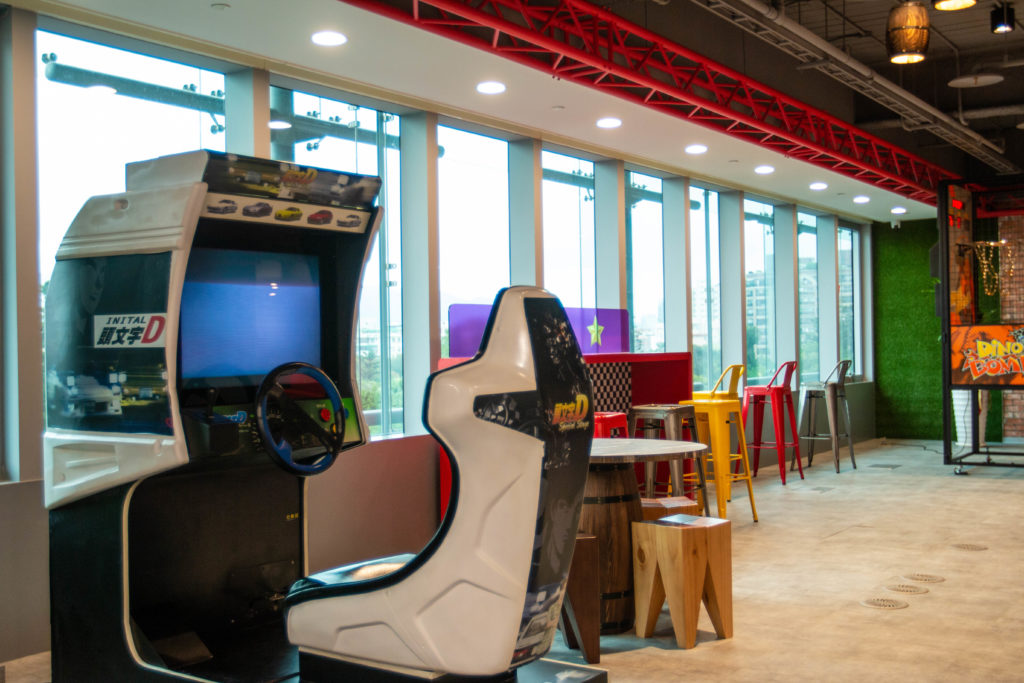
TaskUs disrupts the gaming industry through its expertise and services, backed up by a longstanding gaming culture and commitment to diversity and inclusion. It is the company’s mission to bring innovation and world-class service to the most disruptive gaming companies in the world.
TaskUs’s Super Teammates, who are gamers themselves, understand the need for innovation and equal representation in the gaming space. They have a passion for gaming coupled with a mastery of customer service that allows them to solve out-of-the-box issues. And they have a personal understanding of the products or games of TaskUs clients to empathize with customers.
Through these efforts and by curating welcoming experiences for gamers can gaming companies achieve long-term success and the wider entertainment scene evolve. The ultimate experience for developers and gamers alike is not only about leveling up virtual characters but also encouraging players to become heroes in their own journey in a more inclusive community.
References
-

TaskUs and Mavenoid Announce Strategic Partnership To Enable AI-Powered Product Support
5-MIN READ -

TaskUs to Present at William Blair 44th Annual Growth Stock Conference on June 5, 2024
5-MIN READ -
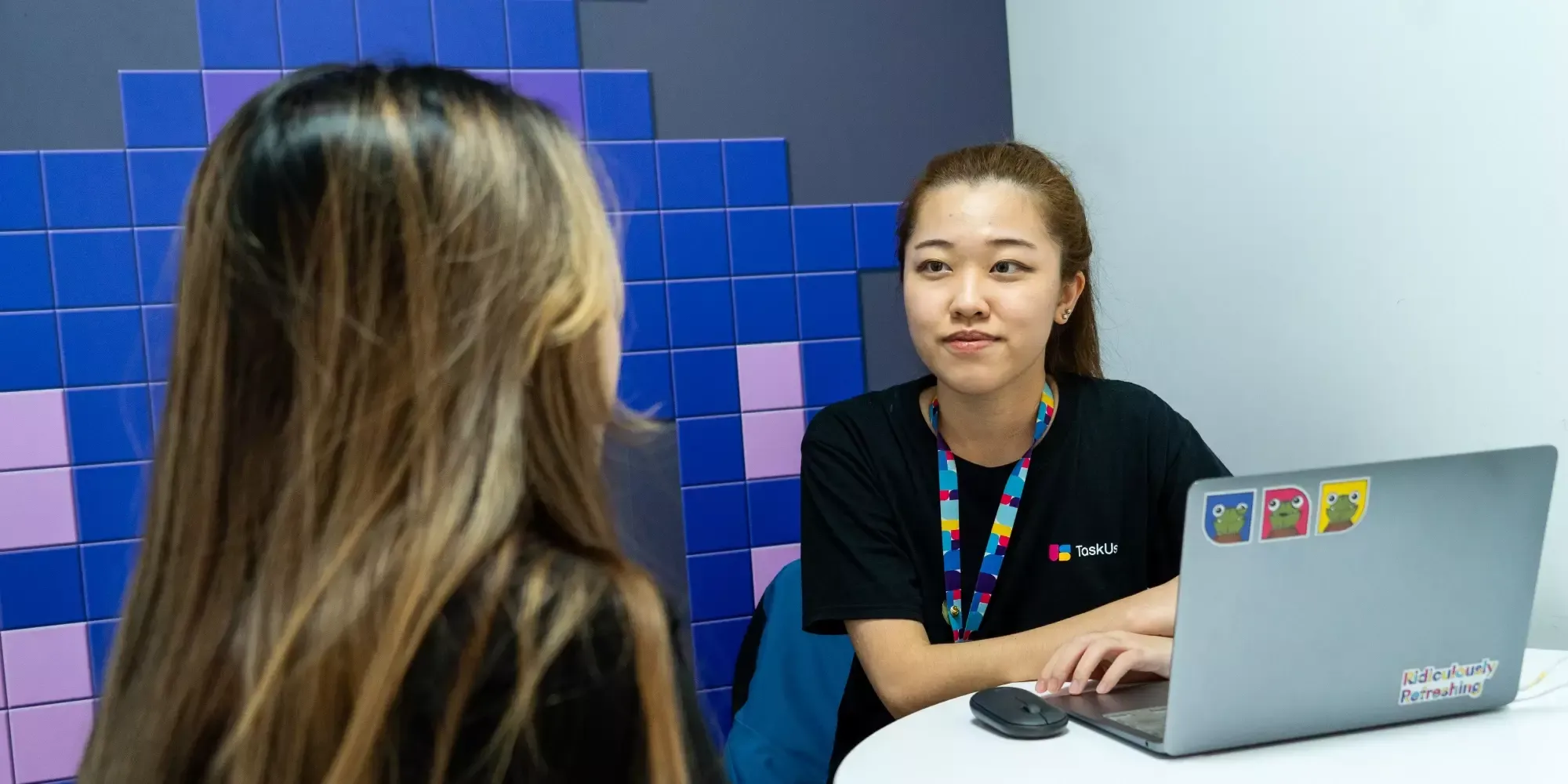
TaskUs and V7 Announce Strategic Partnership To Enable Enterprise AI Product Delivery
5-MIN READ -
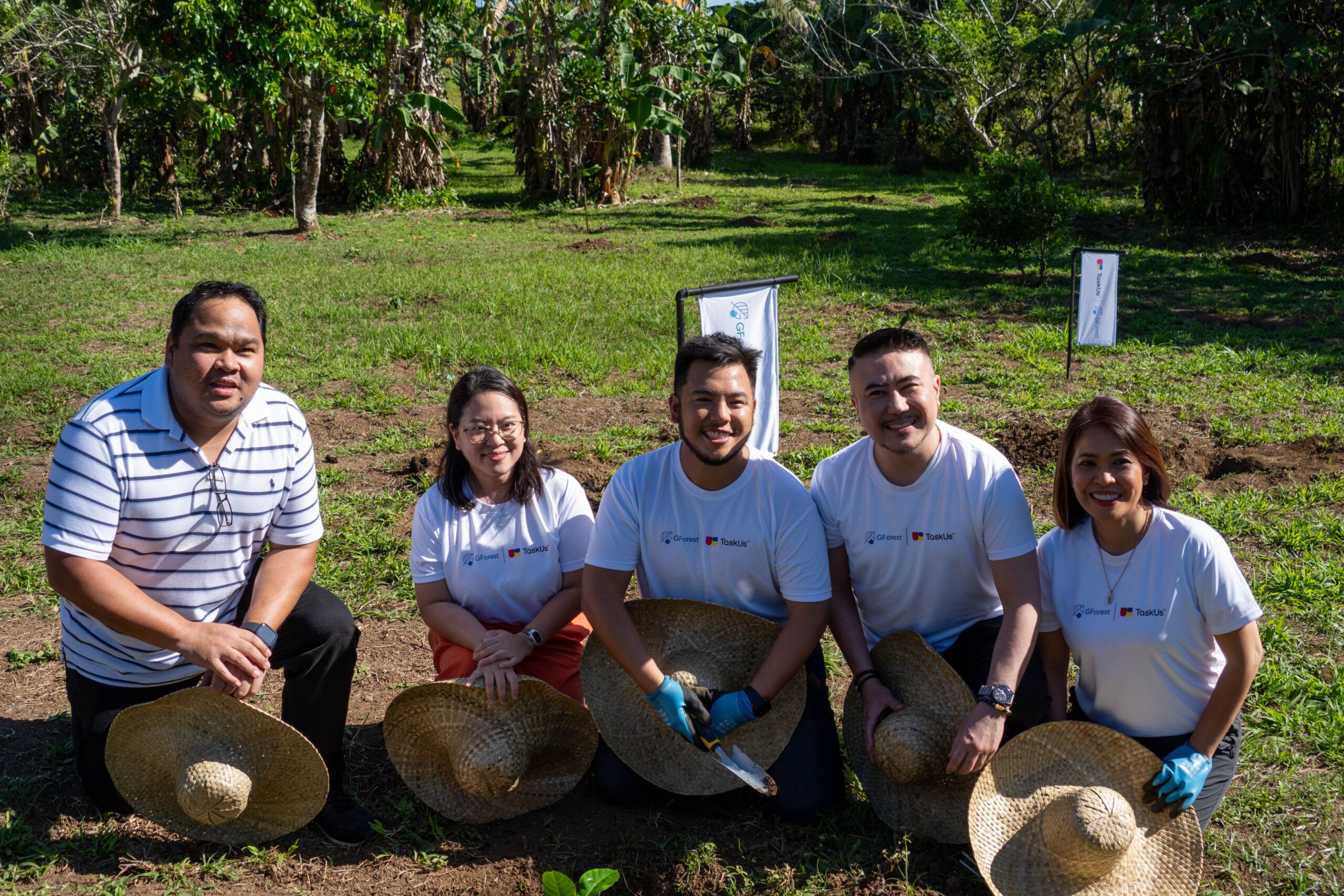
TaskUs and GCash partner to plant 10,000 coffee seedlings, support local coffee farmers
5-MIN READ -
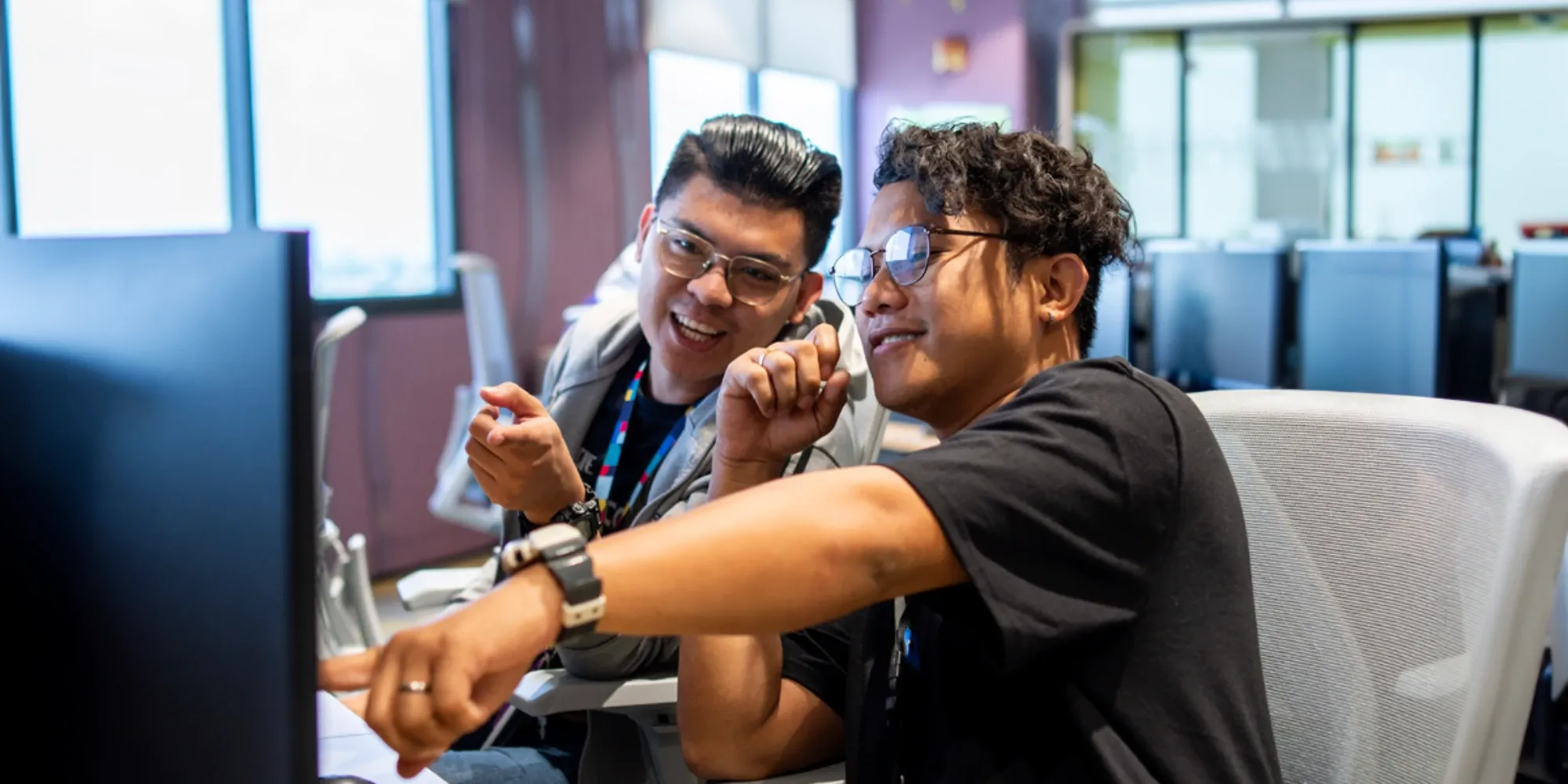
TaskUs Elevates the Customer Experience With the Launch of AssistAI, Powered by TaskGPT
5-MIN READ -
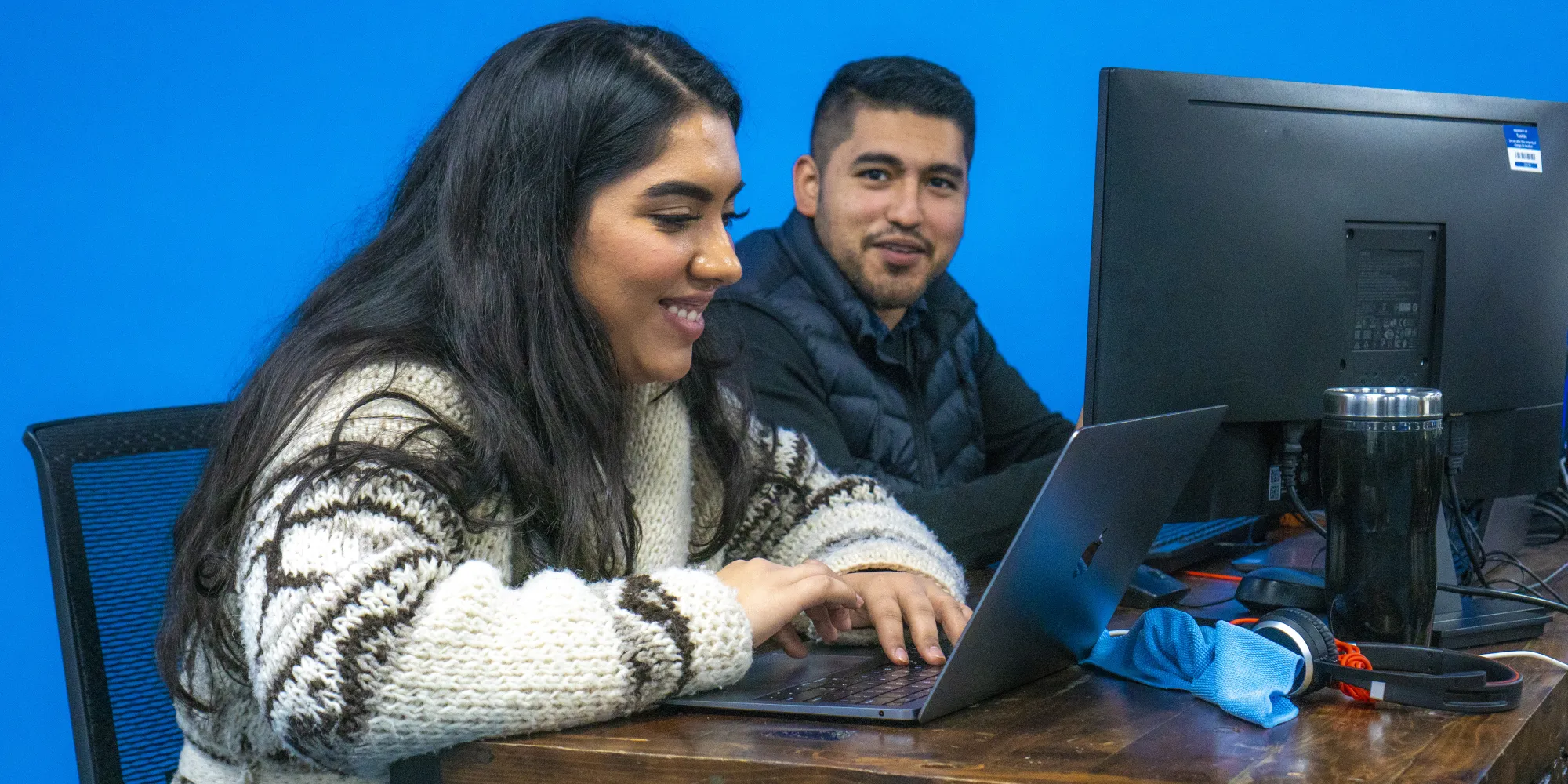
TaskGPT Launches in Zendesk Marketplace, Giving Customers Access to Leading Generative AI-fueled Customer Service Solutions
5-MIN READ -
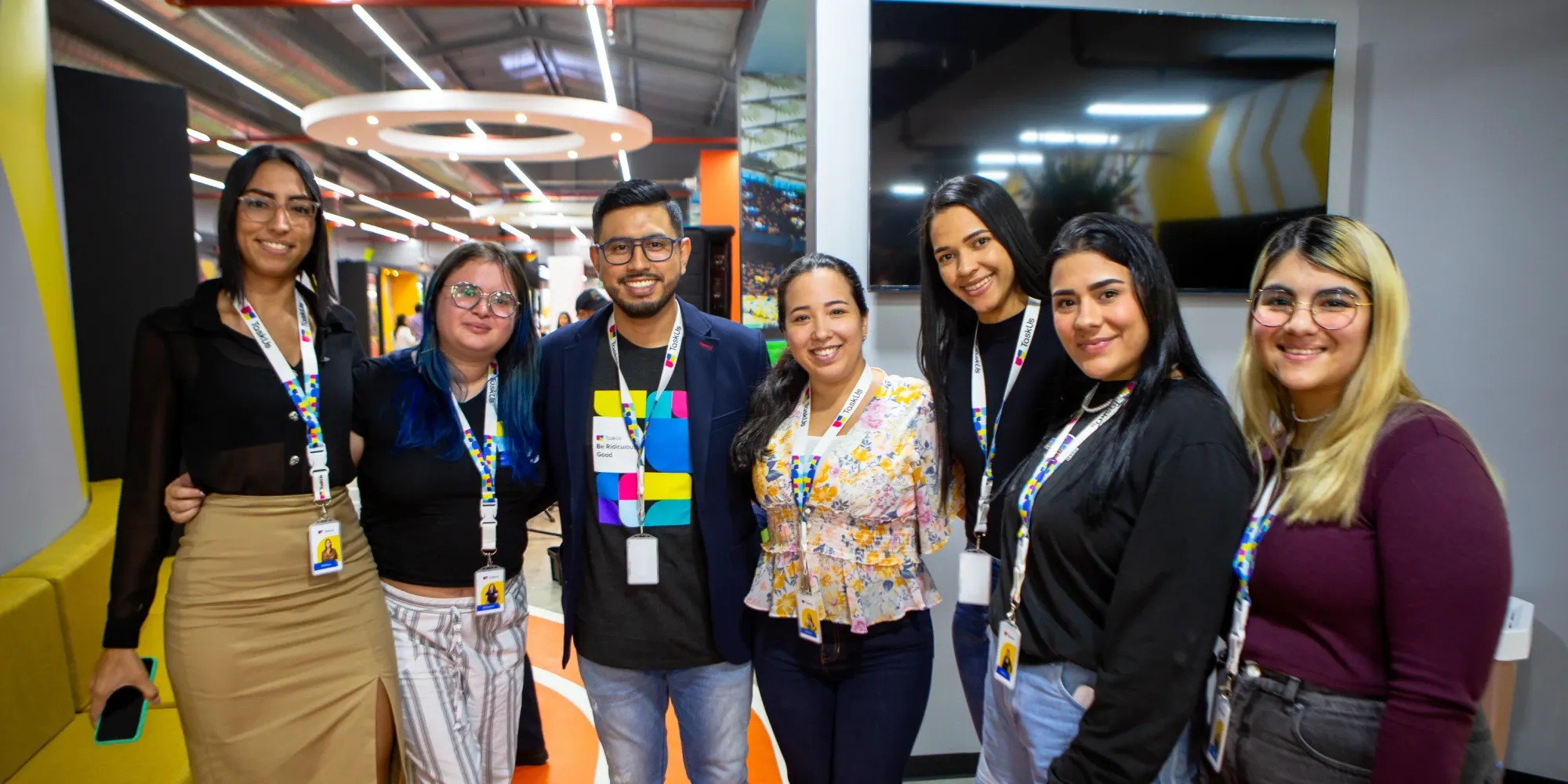
TaskUs recognized as the Leader in the 2023 SPARK MatrixTM for Financial Crime and Compliance (FCC) Operations Services by Quadrant Knowledge Solutions
5-MIN READ
We exist to empower people to deliver Ridiculously Good innovation to the world’s best companies.
Useful Links


